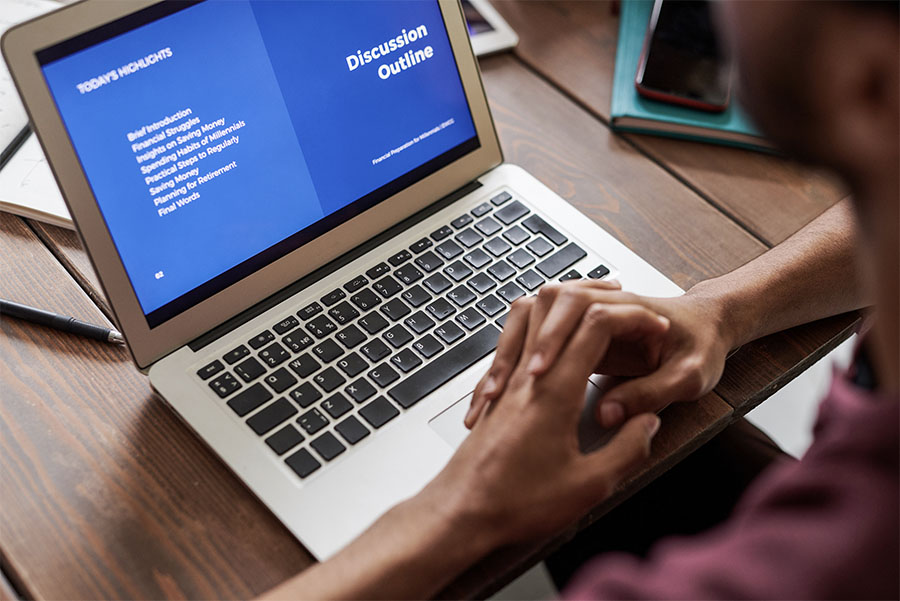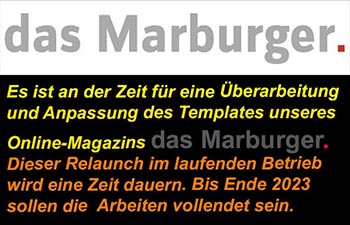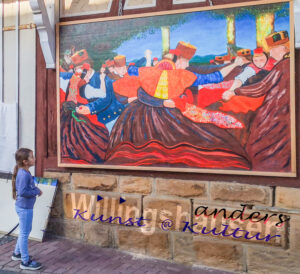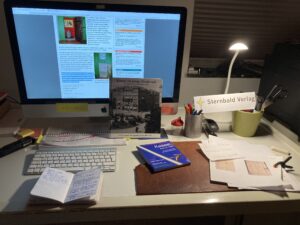How Online Resources Can Support Marburg Students
 21.06.2023 (red) In this digital age, students can benefit from online resources to aid their studies and different aspects of their student life. In cities like Marburg, specifically, the return to physical classroom teaching has led to a student housing shortage. Students are stuck on long waiting lists — some of which are the longest in nine years — while competing for affordable alternative accommodations.
21.06.2023 (red) In this digital age, students can benefit from online resources to aid their studies and different aspects of their student life. In cities like Marburg, specifically, the return to physical classroom teaching has led to a student housing shortage. Students are stuck on long waiting lists — some of which are the longest in nine years — while competing for affordable alternative accommodations.
The housing shortage issue may be why students prefer a return to online learning. Researchers from Ruhr-Universität Bochum found that students are more relaxed and less stressed during online courses than in face-to-face lectures. However, this may also indicate that the online format could be less conducive to students‘ learning — moderate stress in education is said to influence learning, memory processes, and attention positively. That said, this post will look at how online and digital resources can still be valuable tools of support for Marburg students:
Note-sharing allows for collaboration
Online and digital resources can help boost a student’s academic performance. With the Internet and digital devices, note-sharing has become increasingly common on a broader scale. Technology allows students to compile their records and encourages them to collaborate through these notes — whether by editing, adding to, or summarising relevant insights for easy review. This creates an enriching and dynamic study approach. In a time when students may feel overwhelmed by too much information, note-sharing with peers can help them streamline what is essential and relevant to learning.
Studocu, an upgraded student note-sharing platform, allows over 30 million students worldwide to achieve excellent results by making educational resources widely available and accessible. Aside from notes, students can also share various study resources such as study guides, books, and exam prep materials. On the platform, students can discuss academic topics and exchange practice questions in a way that is widely accessible. For Marburg students whose education may be limited online, note-sharing platforms uphold interactivity and retain the social aspect of studying.
Online workshops provide student support
As mentioned above, online resources aren’t just helpful for studying. They can also provide valuable insights and support for students beyond their academic performance. In our previous post on Philipps University’s offering, we discussed how their online workshops help provide students with authentic, personal insights into campus life and everyday university life. These workshops offer opportunities to talk live with students, study advisors, and other university representatives on topics like choosing a course or what one can expect beyond a degree title.
Aside from online workshops on different topics, the university also provides ten interdisciplinary short lectures for live and firsthand information about studying at the university, featuring insights into what prospective students can expect from their student life there. Online workshops and classes like these are essential for students in Marburg as they provide a more holistic perspective and offer career orientation so students know what to expect after graduation.
Combining digital and in-person resources
Despite the convenience and accessibility of online resources, students do argue that digital learning should be implemented in combination with existing face-to-face formats. Insights from a CHE survey of students in Germany found that students wish to see more digital elements and structures in teaching. However, four out of five students would like a permanent mix of face-to-face and online learning. While online learning provides benefits, it can also alienate students seeking a more social study experience.
Face-to-face teaching enriched with digital elements, or the so-called „blended learning“, is fast becoming a preference for future students. These may come in the form of explanatory videos that are used alongside on-campus seminars and classes. At the same time, students also want to see more enthusiasm from their professors and teachers towards technology to ensure a well-rounded, digital education.
Technology can be an incredible tool for the future of education. Online resources like note-sharing platforms, regular workshops, and hybrid education structures can help educators and students rethink and improve how we learn.












